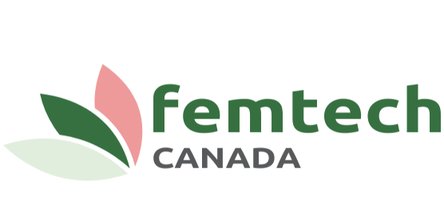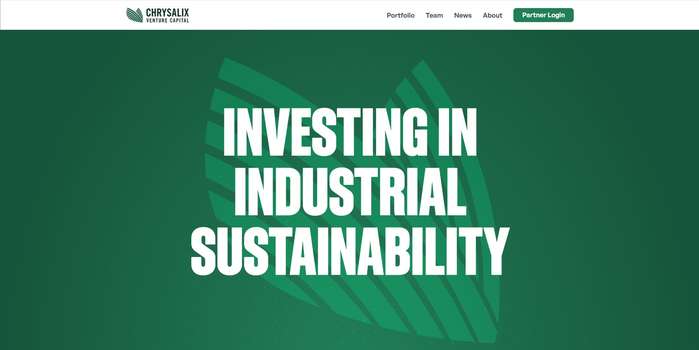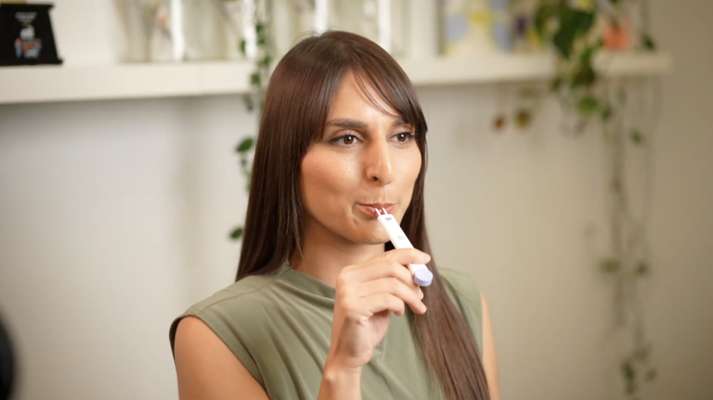Developing period products that are healthier for the body - and the planet
Rashmi Prakash, a biomedical engineer and co-founder of Aruna Revolution, was frustrated by the lack of sustainable options. After experimenting with various materials, the company is now testing biodegradable pads made of food fibres.
There's been a wave of new options for people who menstruate - period cups, period underwear, organic cotton tampons. But none have quite met the bar for biomedical engineer Rashmi Prakash. She was frustrated with having to pick between her "own well-being and the well-being of the planet."
All the options required trade-offs. Period cups, while reusable, still end up in landfills and incorrect use can dislodge an IUD. Period underwear also winds up in the garbage. Single-use products like tampons and pads create massive amounts of waste (one estimate puts the number of pads used throughout a person's lifetime at\xc2\xa0 11,400 ). \xc2\xa0 And, according to an analysis commissioned by\xc2\xa0 Environmental Health News \xc2\xa0and Mamavation, many period products, including period underwear and pads and tampons advertised as organic, contained PFAS. These "forever chemicals" have been linked to\xc2\xa0 reduced fertility and increased risk of certain cancers , and were found in\xc2\xa0 65 per cent \xc2\xa0of period underwear,\xc2\xa0 22 of the 46 brands \xc2\xa0of pads and liners tested, and\xc2\xa0 22 per cent \xc2\xa0of the 23 tampon products tested.
Read the original article .






